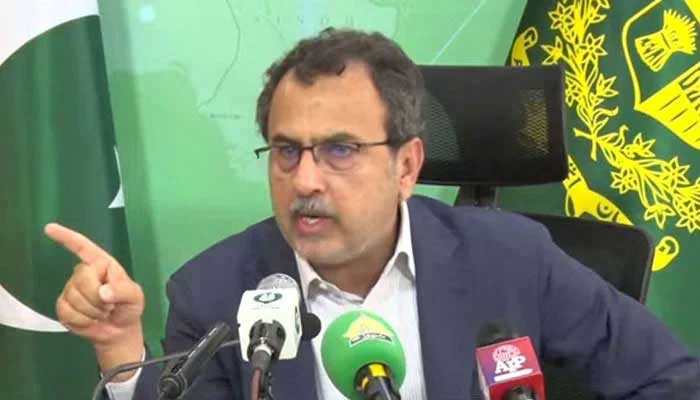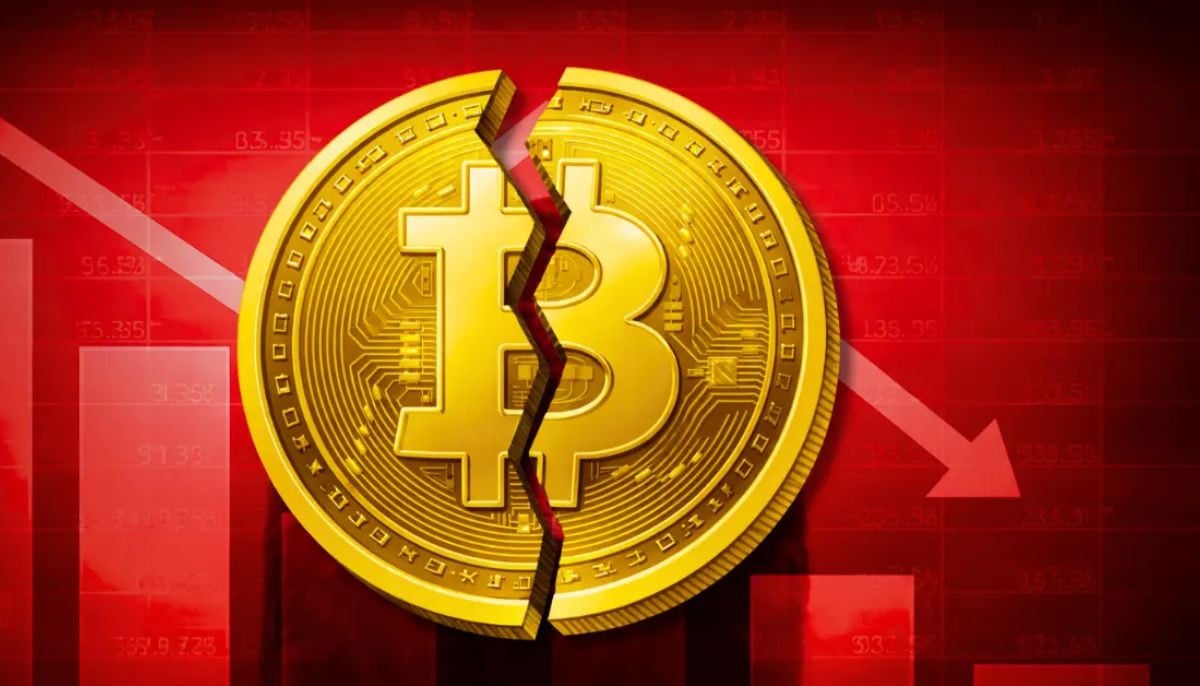Govt hopes Rs10-12 per unit cut in electricity prices amid 'ongoing talks with IMF'
"Matter regarding captive power plants is nearing resolution," says Energy Minister Awais Leghari
ISLAMABAD: The federal government has expressed optimism about a reduction in electricity prices by Rs10-12 per unit amid ongoing talks with the International Monetary Fund (IMF) on captive power plants.
"The matter regarding the captive power plants is nearing resolution," Federal Minister for Energy (Power Divison) Awais Leghari said while speaking at a session of the National Assembly's Standing Committee on Energy on Thursday.
The minister revealed plans to review eight bagasse-based power plants and an additional 16 plants.
He noted that these evaluations would be followed by an assessment of government-owned plants' return on equity. "By the end of this month, the issue of captive power plants will be resolved," he said adding, "The electricity prices for domestic consumers have already been reduced by Rs4 per unit."
The power minister expressed his ambition to lower the overall electricity rate by Rs50 but also cited the complexities of achieving this goal.
Addressing concerns about K-Electric, Leghari criticised the power utility's demand for Rs500 billion in profits over the next 5-7 years, calling it unreasonable.
He stressed that such a profit margin would unfairly impact consumers in Khyber Pakhtunkhwa and other regions.
The statement comes amid Prime Minister Shehbaz Sharif-led government's repeated calls for the need to reduce the exuberant electricity prices.
Earlier this month, sources told Geo News that a tariff revision for eight bagasse-based power plants would save Rs238 billion, equating to an annual saving of Rs8.83 billion.
Additionally, the termination or modification of contracts with 16 more IPPs would result in a further benefit of Rs481 billion. These savings will be passed on to consumers in the form of reduced electricity costs.
Apart from finalising the terminating of contracts with five IPPs last year, the government, last month, also completed the negotiations with RFO-based plants under "take and pay" terms.
Earlier, it was reported that Islamabad aims to slash electricity tariffs by Rs12 per unit by March 2025 through agreements with the IPPs and renewable energy sources like wind and solar power plants.
'Competitive electricity market'
Meanwhile, Leghari — while addressing the concluding ceremony of 4th International Hydropower Conference — said that a competitive electricity market would be launched in March, where market forces would determine power tariff, and the government would play only a facilitating role.
The minister said that the demand for solar solutions was increasing due to the high cost of electricity. "An additional 10,000 to 12,000 MW is likely to be added to the system under net metering in the country."
He said that he had introduced net metering in 2017 in the country. However, he said that net metering was enjoyed by the elite class. "The high cost of electricity has brought a solar energy revolution in the country."
He went on to say that the government has challenged the status quo in the energy sector in the last 9 months. "We are also assessing whether major projects like the Basha Dam and nuclear power are feasible for us or not," he said.
Stressing the need for necessary decisions for sustainable development in the energy sector, the minister said the government was taking every possible measure to facilitate the public.
The minister noted that the government has saved Rs 1.1 trillion through negotiations with Independent Power Producers (IPPs).
He said that people could no longer afford to pay the electricity bills and the government was going to revamp the entire power sector. "We are also restructuring National Transmission and Despatch Company (NTDC)," he added.
Elaborating on the government reforms in the power sector, he said that there has been a significant reduction in the losses of distribution companies. From July to November 2023, these losses amounted to Rs223 billion, which decreased to Rs170 billion during the same period in 2024, he said.
He said out of a total of 10 Board of Directors (BoDs) of Power Distribution Companies (DISCOs), eight have been completely revamped and not a single induction was made on a political basis.
He said that the government was reviewing various taxes included in electricity bills to provide maximum relief to the consumers. Terming uniform tariffs for the entire country as a major challenge, he said transferring the burden of one company to another is unfair, he said.
-
Will Warner Bros finalize deal with Paramount or stays loyal with Netflix's offer?
-
$44 billion Bitcoin blunder: Bithumb exchange apologizes for accidental payout
-
Global memory chip crunch puts spotlight on Apple; Will iPhone become more pricey?
-
Bitcoin plummets toward $60,000 as investors dump risky bets
-
Bitcoin crashes below $63K as regulatory pressure and market fears grow
-
Bitwise Crypto Industry innovators ETF: What investors should do in 2026?
-
Nintendo shares slide again as momentum fears grow
-
Gold, silver prices fallen sharply; What’s driving the drop?












